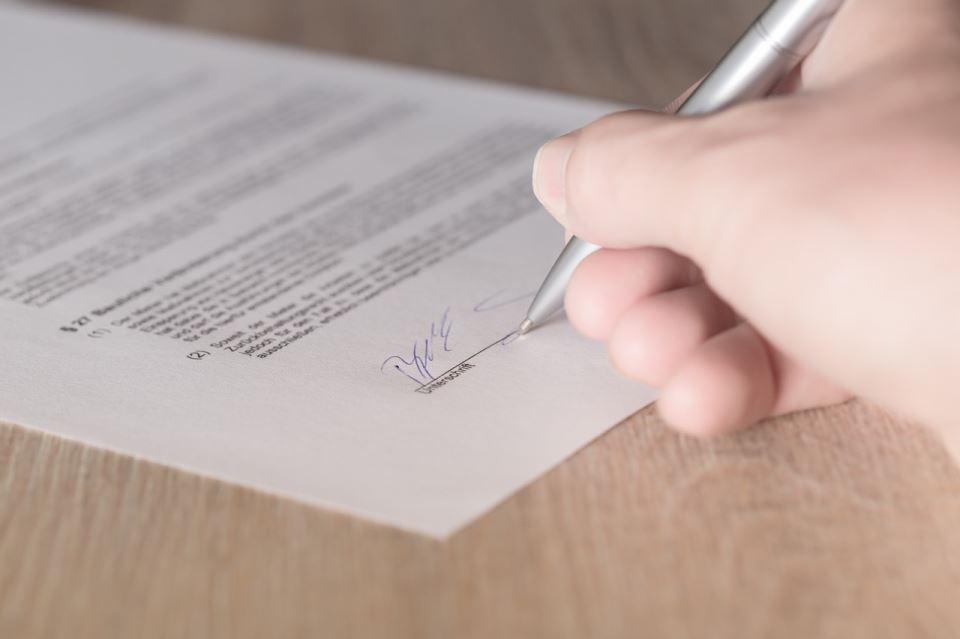When you reach the end of your lease term at your rental property, you will have to make the decision to renew the contract or vacate the apartment. If you have decided to move on to a new apartment or purchase your first home, you will have to notify your landlord of your intent to vacate a certain amount of days before doing so in order to avoid paying additional rent and to receive a refund of your security deposit.

How much notice should you give your landlord before moving out?
The first thing you need to do is review your lease. Is it month-to-month or have a mandatory move out date? Most landlords ask for a 30-day notice before you plan to move out. Others request 60 to 90 days. Give the requested amount of days notice to ensure the return of your security deposit. You may also be required to pay an additional month's rent if you don't give adequate notice or terminate your lease before you are allowed to.
How do you give your landlord notice?
After reviewing your lease to verify the length of notice required, you are now ready to notify your landlord. The best and most effective way to notify your landlord that you will be moving out is by writing a letter of notice, so there will be a physical, written documentation of you moving out. Here are some tips on important points to cover while writing your letter of notice:
- Date the letter. Don't forget to include the date in your letter so there is no dispute about the amount of days notice you gave your landlord.
- State the date you are moving out. Begin the letter by stating that you are giving the required length of notice and the date you intend to turn in your keys.
- Confirm your intentions to clean the apartment. State that you intend to remove all of your belongings and thoroughly clean the apartment as instructed in your lease before vacating. Ask your landlord if there are any further cleaning instructions.
- Include your forwarding address. Specifically state in the letter that this is the address you would like your security deposit sent to, the amount you expect to be returned and the time frame you expect to receive it (usually within 30 days of your move-out date).
- Sign the letter. The letter will be useless and invalid without your signature.
- Make a copy for your records. Keep a copy of the letter for your personal records, in case of a dispute.
- Send the letter by certified mail. To be sure the letter is delivered to your landlord in the appropriate amount of time, certified mail proves delivery with a signature confirmation. This way, you can be confident that your landlord is aware that you have given notice, rather than just assuming the letter was received. You can also hand-deliver the letter.
Sample letter of notice
Here is an example of an outline of a letter to help you write your notice for your landlord.
(Your name and current apartment address)
(Date)
(Landlord’s name and address)
Dear (Name of landlord):
According to the terms of my lease, I am giving my (number of days notice that you need to give) -day notice that I will be vacating my rental property at (address of rental property) on or before (date you will move out). I intend to clean the apartment as instructed in my lease before vacating. If you have any further move-out cleaning instructions, please notify me. I will remove my personal belongings and turn in my keys on or before (date you will move out).
I expect that my security deposit of $(amount of your deposit), given to you on (date deposit was given), will be refunded in full within 30 days after I have vacated the property, since the apartment has been left in good condition. The forwarding address for the return of my security deposit is:
(Forwarding address)
If you have any questions, I can be reached at this number: (Your phone number).
Sincerely,
(Your name)
TIP: Make your letter as specific detailed as possible to give clarity and avoid any miscommunication.